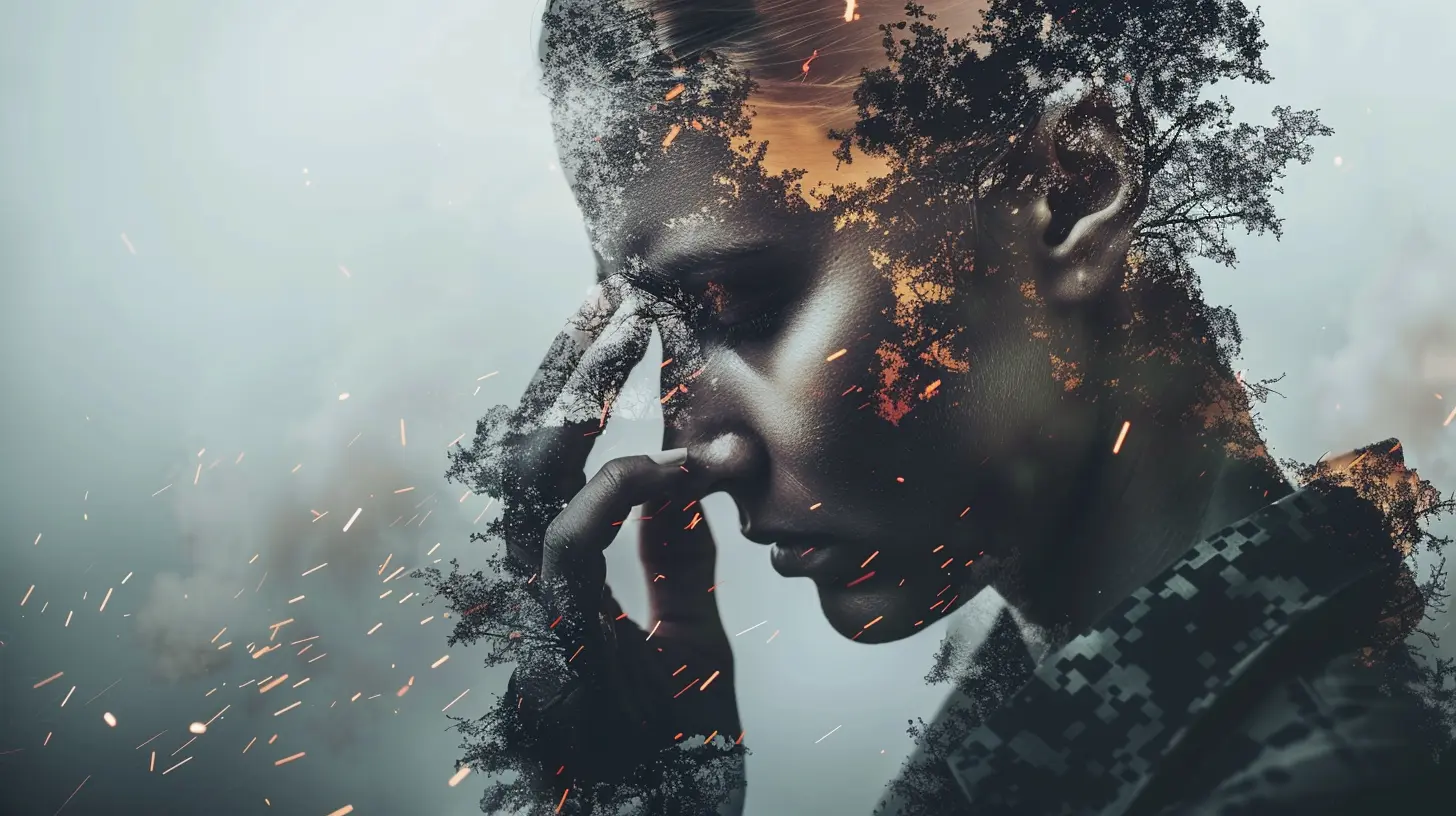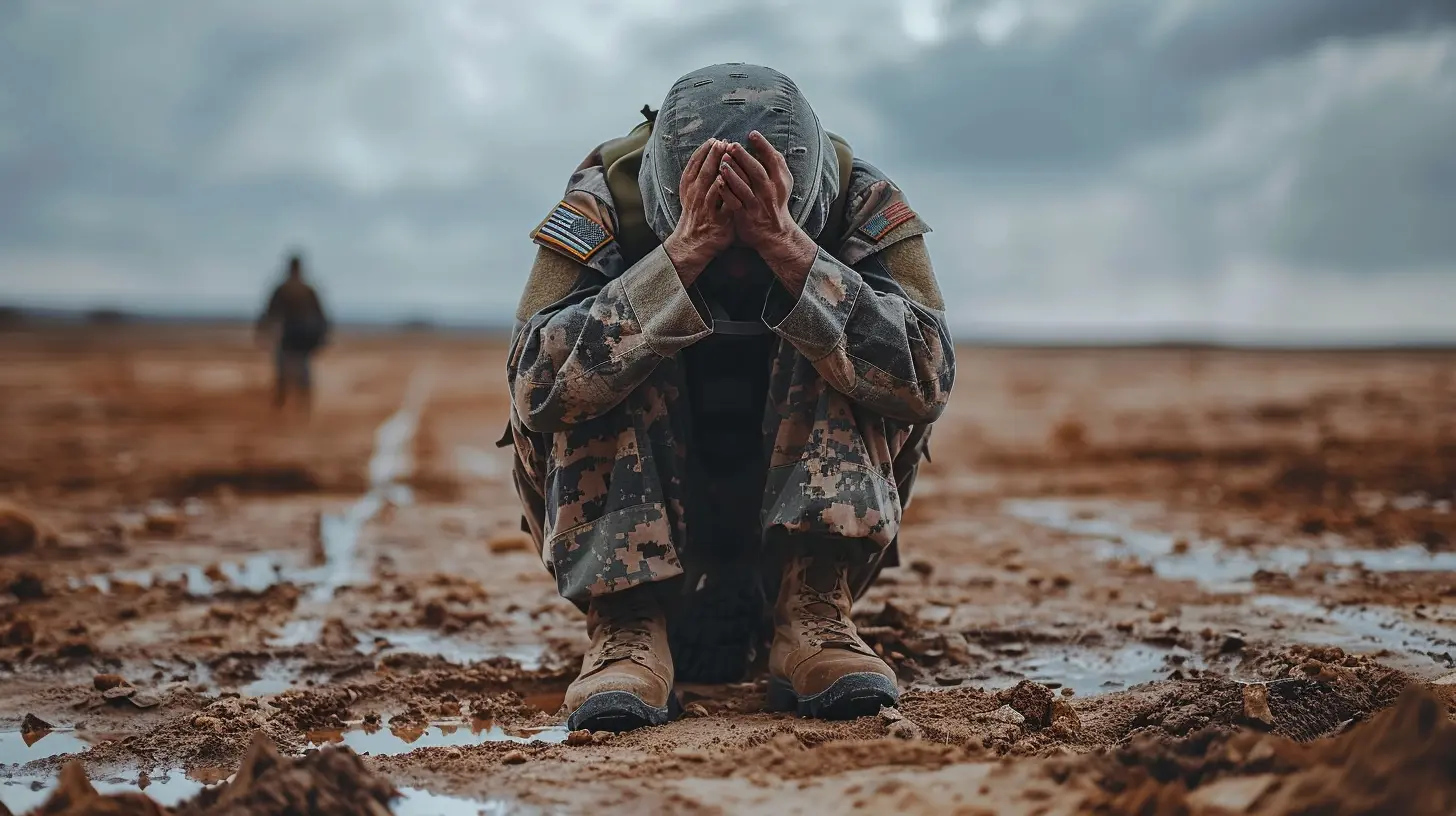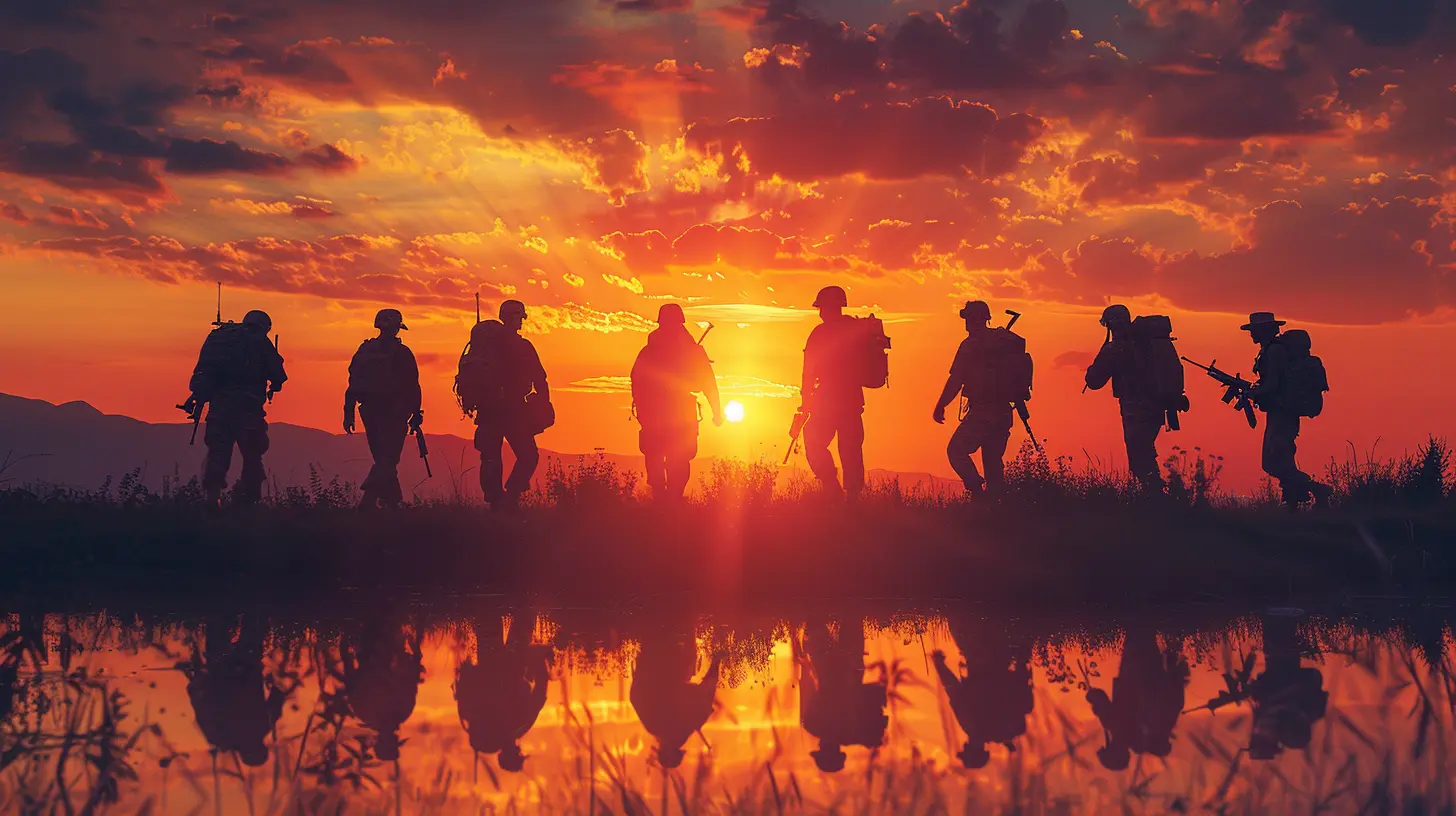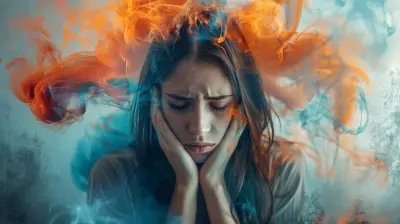The Role of Social Support in Recovering from PTSD
7 July 2025
When life throws something at us that feels overwhelming, we often turn to friends, family, or even colleagues to help us get through it. But what happens when the challenge is something as life-altering as PTSD (Post-Traumatic Stress Disorder)? In such cases, the role of social support can be more important than ever.
In this article, we’ll dive into how social support plays a crucial role in helping individuals recover from PTSD. Whether it's a friendly conversation, a shoulder to lean on, or simply knowing someone is there for you, social support can be a game-changer. Let’s explore why.
What is PTSD?
Before we get into the nitty-gritty of social support, let’s first understand what PTSD really is.PTSD is a mental health condition that's triggered by experiencing or witnessing a terrifying event. This could be anything from a car accident, natural disaster, war, or even prolonged emotional or physical abuse. The symptoms can vary, but common ones include flashbacks, severe anxiety, nightmares, and uncontrollable thoughts about the traumatic event.
Recovering from PTSD isn’t easy, and it’s not something that happens overnight. It requires a combination of therapy, medication, self-care, and—what we’ll focus on today—social support. 
Why Does Social Support Matter?
You might be wondering, "How much difference can having a few friends and family members really make when dealing with something as serious as PTSD?" Well, it turns out it makes a huge difference.Several studies have shown that social support can significantly reduce the severity of PTSD symptoms. It acts almost like a safety net, cushioning the emotional blows that come with reliving traumatic experiences. But how exactly does it help?
1. Provides Emotional Validation
Let’s be real: PTSD can make you feel isolated, like no one understands what you’re going through. Emotional validation from people who care about you can help counteract that feeling. Just having someone acknowledge your pain and tell you, “What you’re going through is real, and it’s okay to feel this way,” can be incredibly powerful.When someone validates your emotions, it doesn’t magically make everything better, but it does make the burden feel lighter. It can be the difference between feeling completely alone and feeling supported.
2. Reduces Feelings of Isolation
One of the hardest things about PTSD is the overwhelming sense of isolation. You might feel like you're on an island, far away from the rest of the world. Social support acts as a bridge, connecting you back to others.When you know someone is there for you, even if they can't fully understand what you’re going through, it eases some of that isolation. You’re reminded that you don’t have to face the trauma alone. Whether it's a friend texting to check in or a family member sitting quietly beside you, these small gestures can make a big difference.
3. Encourages Seeking Professional Help
Sometimes, the people closest to you can guide you toward seeking professional treatment. Let’s face it, admitting you need help isn’t easy. However, if you have a solid support system, they can gently nudge you in the right direction. They might recommend seeing a therapist or joining a support group. They can even help you take the first step by offering to go with you to your first appointment.Having others encourage you to seek help lends a sense of accountability, making it harder to push off the need for professional intervention.
4. Increases Resilience
Think of resilience like a muscle. The more you work at it, the stronger it gets. Social support can help build that resilience muscle in people dealing with PTSD. When you're surrounded by people who care about you, it becomes easier to handle the ups and downs of recovery.It’s not that social support eliminates the bad days, but it helps you bounce back quicker. You become more resilient to setbacks because you know you have a team in your corner, rooting for you.
5. Helps with Problem-Solving
Sometimes, recovering from PTSD feels like you’re in a mental fog. You know there are things you need to do—whether it’s attending therapy, taking medications, or practicing self-care—but it can be hard to figure out where to start.This is where social support can play a practical role. Friends and family can help you break down tasks into smaller, manageable steps. They can offer advice, share resources, or simply help you organize your thoughts. In this way, they act as a sounding board, helping you navigate the complexities of recovery.
Types of Social Support
Now that we’ve covered why social support is so important, let’s talk about the different types. Social support can come in many forms, and each one plays a unique role in the recovery process.1. Emotional Support
This is the type most people think of when they hear "social support." Emotional support involves listening, validating feelings, and offering comfort. Whether it’s a reassuring hug or a heartfelt conversation, emotional support provides the warmth and empathy needed to help someone cope.2. Instrumental Support
Instrumental support is more about practical help. This could be offering to drive someone to their therapy appointments, helping them with daily chores, or even financially supporting them if they’re unable to work while recovering. It’s the hands-on type of help that makes day-to-day life more manageable.3. Informational Support
Sometimes, the best way you can support someone is by giving them information. This could involve researching treatment options, finding support groups, or even helping someone understand their own symptoms better. Informational support empowers individuals with the knowledge they need to take control of their recovery.4. Peer Support
One of the most powerful forms of social support for PTSD sufferers is peer support. This involves connecting with people who have gone through similar experiences. It could be through group therapy, online forums, or even just a close friend who also has PTSD. Knowing that someone else has walked the same path can be incredibly healing.
How to Build a Strong Support System
Alright, we’ve talked a lot about why social support is crucial, but what if you’re struggling to find that support? Not everyone has a large family or a close-knit group of friends. So how do you go about building a strong support system?1. Reach Out to Trusted Individuals
First things first, reach out to the people who are already in your life. It could be a family member, a close friend, or even a coworker. Let them know what you’re going through. The hardest part is often taking that first step and being vulnerable, but more often than not, people will respond with compassion.2. Join Support Groups
There are plenty of PTSD support groups, both online and in-person. These groups can be a great way to connect with others who understand what you’re going through. Plus, they offer both emotional and informational support. You might even make lifelong connections with people who become part of your long-term support system.3. Seek Professional Help
Sometimes, the best form of support comes from professionals. Therapists, counselors, and psychiatrists are trained to guide you through the recovery process. They can also help you identify areas in your life where you might need more social support and offer strategies to build it.4. Be Open to New Relationships
Lastly, don’t be afraid to build new relationships. Whether it’s through a hobby, community event, or at work, new friendships can blossom into valuable sources of support. It might take time, but being open to new connections can increase the size and strength of your support system.Final Thoughts
Recovering from PTSD is no easy task, and there's no one-size-fits-all solution. However, having a strong support system can make a world of difference. Whether it’s emotional, instrumental, or peer support, knowing that you're not alone can provide the strength and resilience needed to face the challenges that come with PTSD.So if you or someone you know is dealing with PTSD, don’t underestimate the power of reaching out. Sometimes, just having someone in your corner can be the first step toward healing.
all images in this post were generated using AI tools
Category:
Post Traumatic Stress DisorderAuthor:

Janet Conrad
Discussion
rate this article
1 comments
Indie Griffin
Social support isn't optional; it's essential for true healing!
July 25, 2025 at 4:01 PM

Janet Conrad
Absolutely! Social support plays a crucial role in healing from PTSD by providing understanding, validation, and a sense of connection. Thank you for highlighting its importance!


